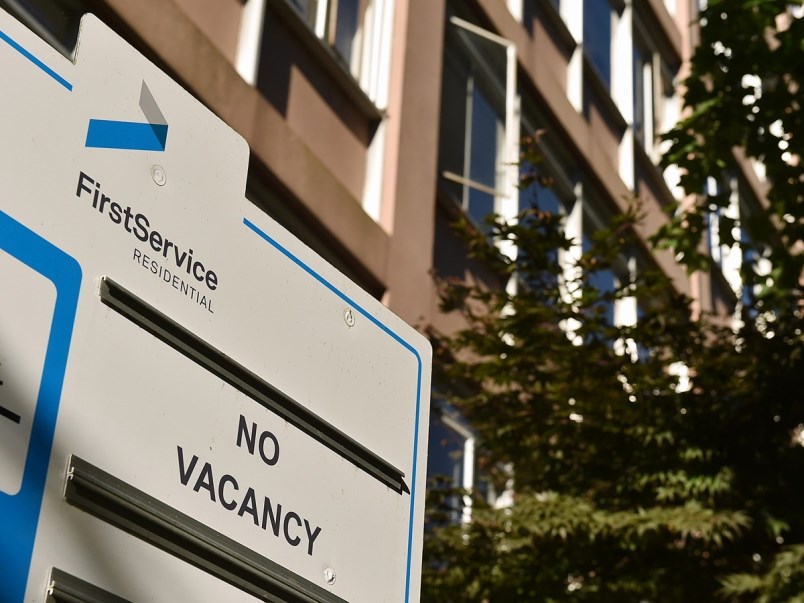With the province-wide ban on evictions for non-payment of rent set to end Sept. 1, the mental health of renters is “deteriorating,” according to a tenants rights group.
The Vancouver Tenants Union (VTU) surveyed 400 renters about their rent situations and their overall well-being.
“The results were alarming,” said a news release.
A significant number of all respondents (63%) reported experiencing increased mental health issues (high anxiety, insomnia, depression) “related specifically to their housing precarity.”
Despite government programs like Canadian Emergency Response Benefit (CERB) and the B.C. Temporary Rent Supplement (TRS), 32% of respondents reported having to borrow, use credit, or dip into savings in order to maintain rent payments, said the VTU.
“Premier Horgan stated in March that nobody would lose their home as a result of COVID-19,” said VTU volunteer Mazdak Gharibnavaz. “But rents are so high that, even with financial supports, renters are sacrificing the basics, going hungry, and those who have fallen behind are still at risk of eviction because the protections are being withdrawn.”
The province announced recently a framework in which renters would start repaying missed rent payments and that landlords couldn’t use missed rent between March and September as a reason for eviction, unless repayments were missed.
The province has reported that 15% of renters have accrued some level of rent debt, and has created a framework for repayment to landlords in installments, starting in October. Survey respondents who reported falling into rent debt identified themselves as workers from across the income spectrum in sectors hardest hit by the pandemic - tourism, hospitality, small business, and the film industry. And 69% of those in rent debt do not believe they can afford to begin paying down their debt by October, while 32% of all respondents believed that they were at risk of falling into rent debt once government supports like CERB and the TRS end.
Read more from the Burnaby NOW



